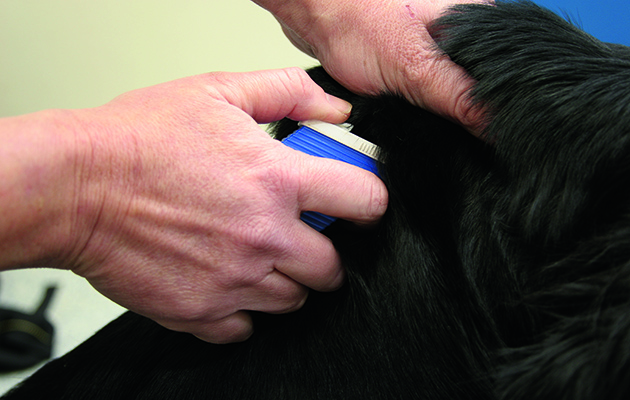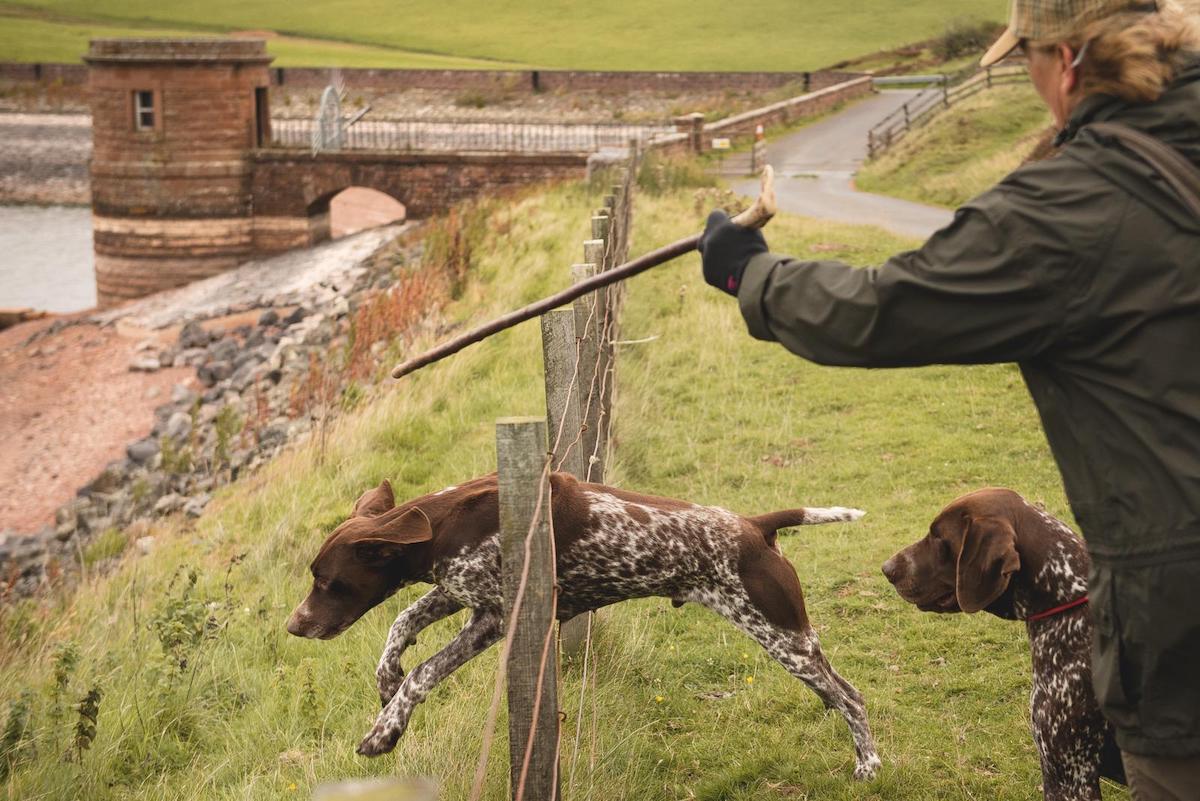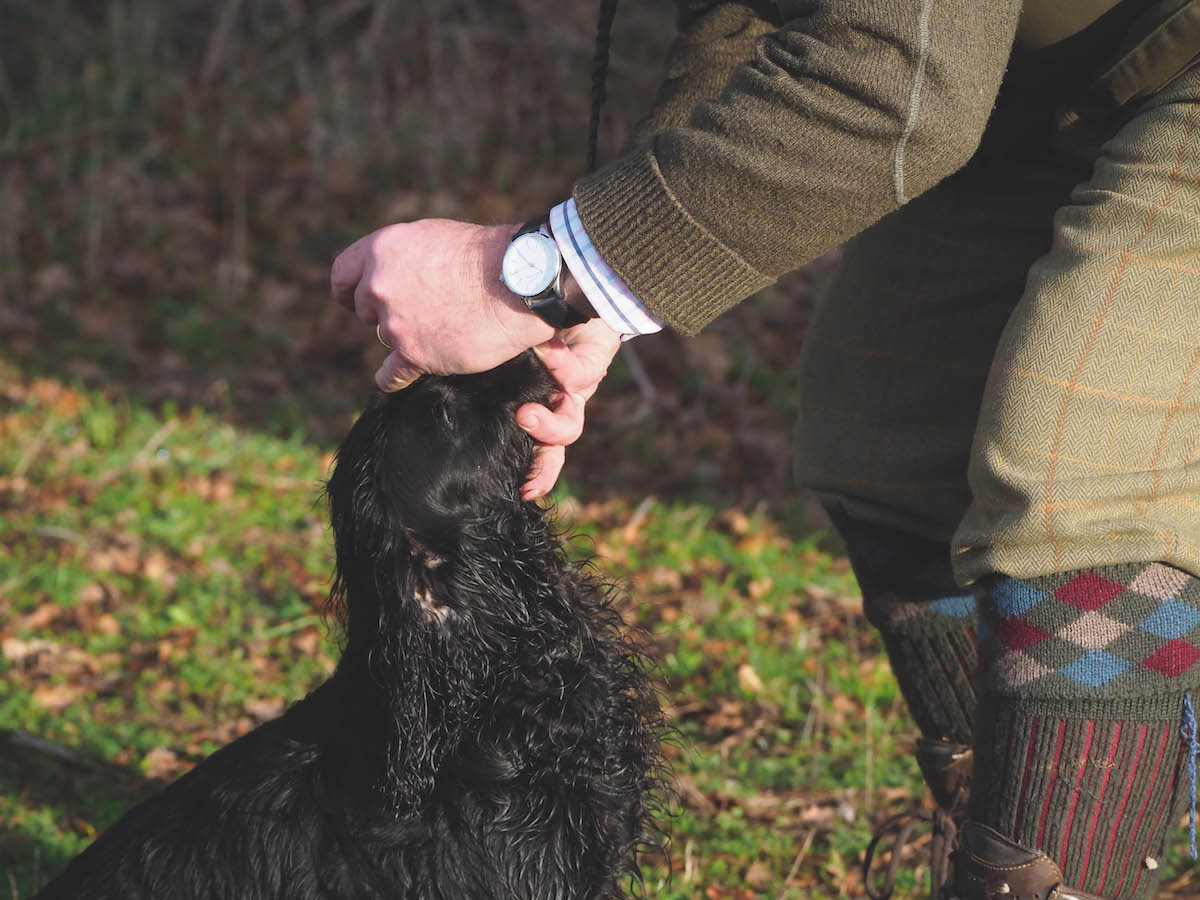Microchips for working dogs
The law on microchipping changed on 6th April 2016, but one reader wanted clarification on microchips for working dogs.

Certified working dogs that have had their tails docked are exempt from new microchipping laws
Question: I have heard that working dogs are exempt from compulsory microchipping. Does that mean that I needn’t have had my Labrador, which I work on a number of local shoots, microchipped recently?
Veterinary surgeon Tony Buckwell advised:
What you have heard is not quite correct. The exemption, under the Microchipping of Dogs Regulations in England and Wales, is for “certified working dogs” — those docked as an exemption to the normal ban on non- therapeutic docking as a requirement of the Animal Welfare Act.
A “certified working dog” is one that a veterinary surgeon, who has docked its tail when it was no older than five days of age, certifies that he or she has seen specified evidence that the dog is likely to work in specified areas and that the dog is of a specific type. “Certified working dogs” need to be microchipped before they are three months old.
The types of dogs that may be docked in England are hunt, point, retrievers of any type or combination of types; spaniels of any type or combination of types; or terriers of any type or combination of types. In Wales the types of dogs that can be docked are similar but more narrowly defined. In Scotland, though under review, there are currently no exemptions in any regulations for the non-therapeutic docking of dogs’ tails.
In summary, there is effectively a requirement for all dogs to be compulsorily microchipped in England and Wales, either as a certified working dog (as part of the Docking of Working Dogs’ Tails Regulations) or otherwise (as a part of the Microchipping of Dogs Regulations). There are no exemptions in Scotland and in Northern Ireland microchipping of dogs has been mandatory since 2012.








